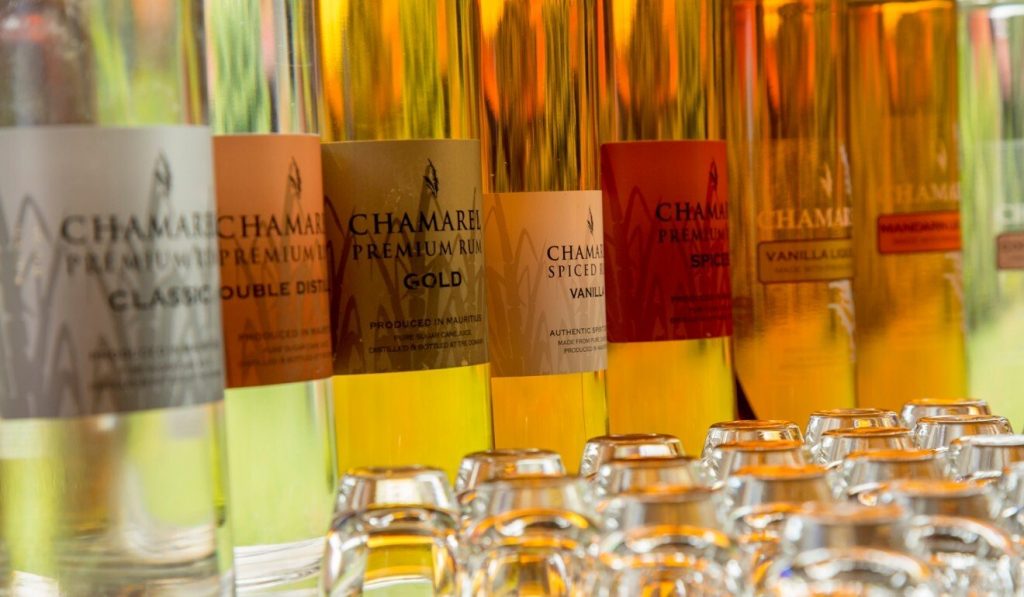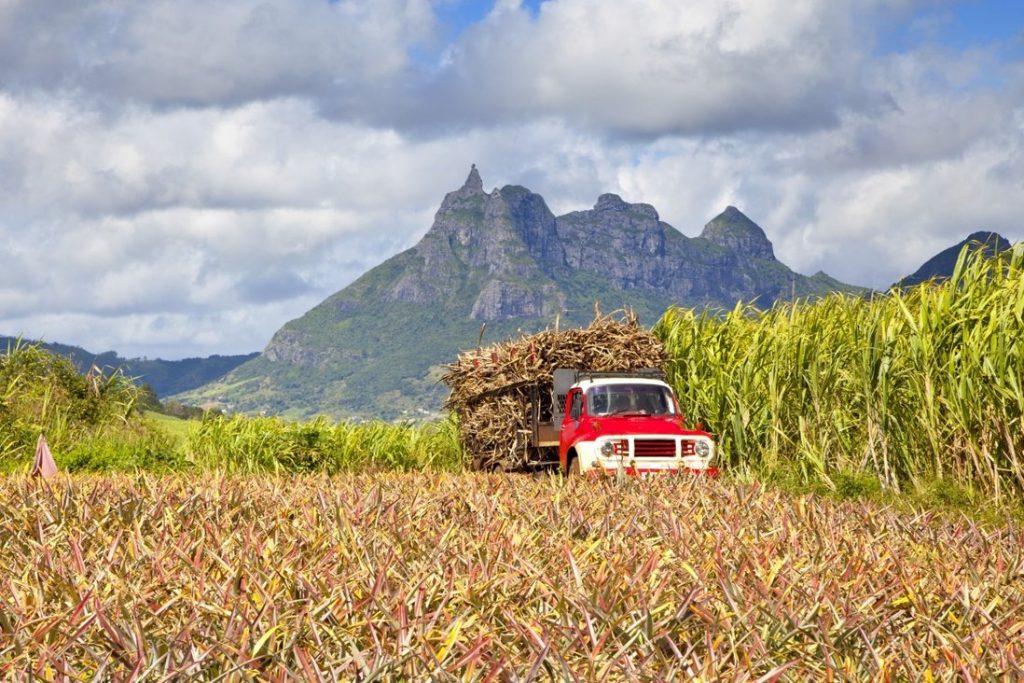- Agreement opens up a market of 1.4 billion consumers to the tiny island nation in the Indian Ocean
- Deal will ‘vitalise cooperation between our two countries and strengthen China-Africa economic ties’, head of African affairs at Chinese foreign ministry says
The China-Mauritius free-trade agreement – Beijing’s first ever with an African country – took effect on Friday, opening up a market of 1.4 billion Chinese consumers to the tiny island nation in the Indian Ocean.
As a result of the deal, within seven years, 96 per cent of the more than 8,500 products Mauritius sells to China will be duty-free, according to the island’s foreign affairs ministry.
Duties on 88 per cent of the tariff lines would be eliminated with immediate effect, with the rest following over a five- to seven-year period, it said.
The export items include rum, frozen fish, noodles and pasta, wafers and biscuits, fresh fruit, juices, mineral water, linen, clothing, watches and leather goods.
Besides the free-trade agreement, China agreed to grant Mauritius a tariff rate quota of 50,000 tonnes of sugar, which will be implemented over a period of eight years.
The two countries also agreed to remove restrictions on more than 100 service sectors, including financial services, telecommunications, information and communications technology, professional services, construction and health services

Mauritian rum is one of the products that is likely to benefit from the island’s new free-trade deal with China. Photo: Shutterstock
Wu Peng, director general of the African affairs department at China’s foreign ministry, said the deal would “vitalise cooperation between our two countries and strengthen
Beijing was looking forward to reaching similar deals with other African countries in the future, he said.
The Mauritian foreign ministry said the agreement would “create new investment opportunities in Mauritius targeting the Chinese market”.
“China could have picked Mauritius for a number of reasons,” he said. “It’s a small country, has better governance and a number of double taxation agreements that could be a benefit to Chinese firms establishing manufacturing bases there.”
Mauritius had been very intentional in diversifying its economy and expanding its tax base, Moore said.
More importantly, it was keen to expand its export markets, especially for sugar, which is grown on 85 per cent of the island’s cultivated land.
“So this agreement was always important,” he said.
The launch of the China-Mauritius free-trade deal coincided with the first day of trading within the African Continental Free Trade Area (AfCFTA), a US$3.4 trillion economic bloc encompassing 1.3 billion consumers.
The framework agreement for the AfCFTA has been signed by every African nation except Eritrea, and ratified by 34 of them.
In November, China’s Foreign Minister Wang Yi said Beijing welcomed the development of the AfCFTA and would “provide cash assistance and capacity-building training to its secretariat.”
South China Morning Post
 Africa -China Review Africa -China Cooperation and Transformation
Africa -China Review Africa -China Cooperation and Transformation
